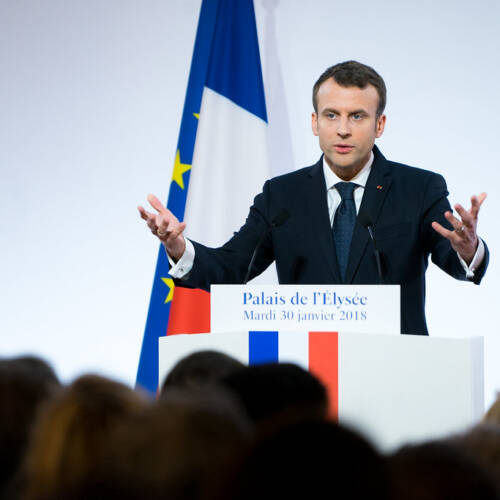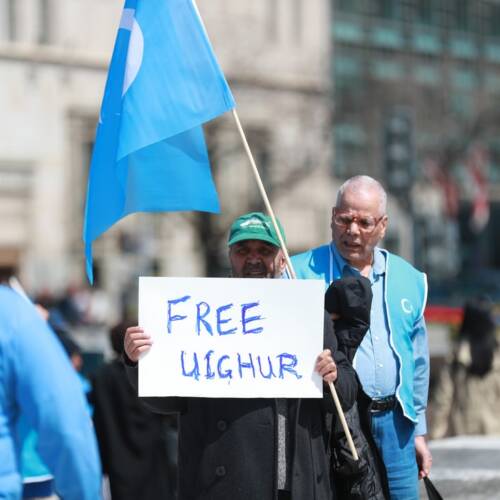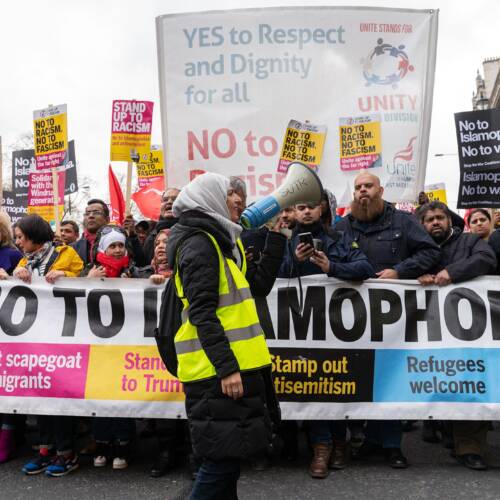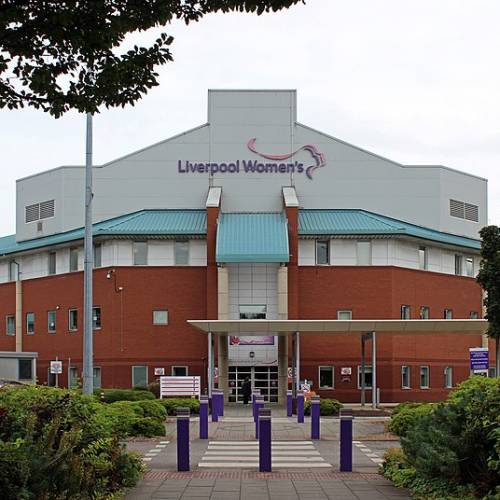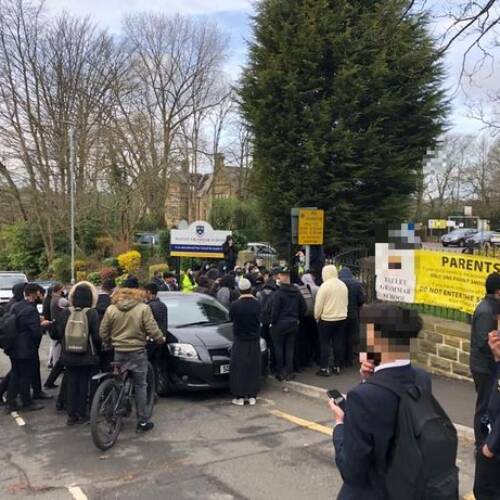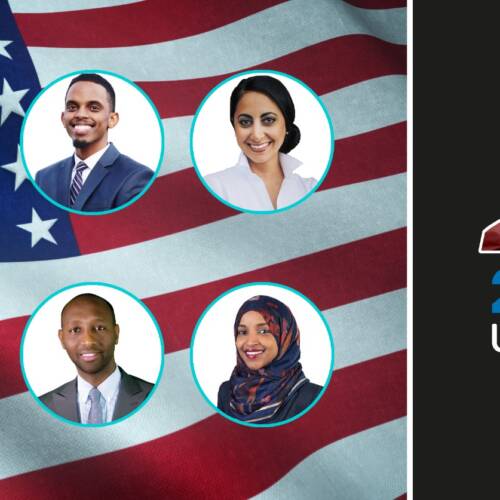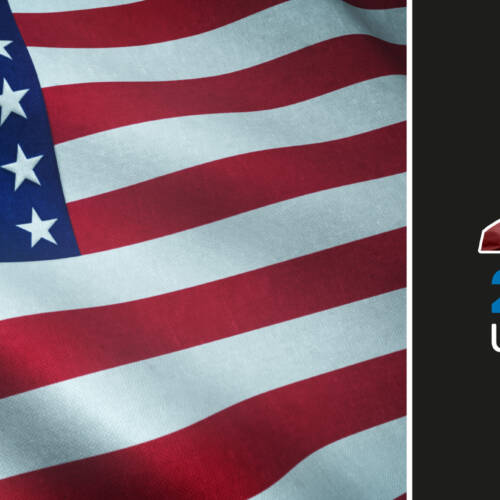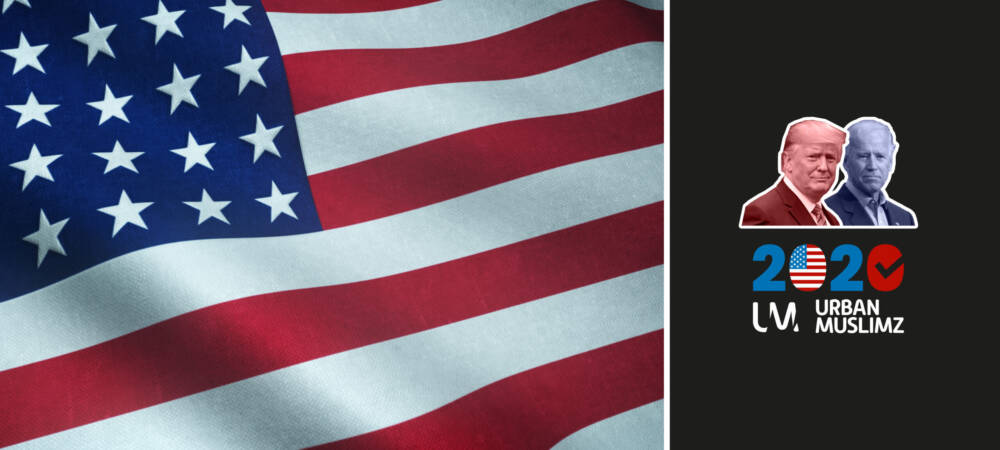
Should British Muslims Care About the US Election?
29 Oct 2020The US election pitting the incumbent, Donald Trump, against the opposition candidate, Joe Biden, is due to take place on the 3rd of November.
Already, much has been said about the elections. In fact, the four years of Trump’s presidency itself has been a never-ending wave of headlines that left us either embarrassed, sad or just plain confused.
More likely than not, most of us think voters’ choices are made up. Perhaps we are already assured that Biden is the next President. Surely, not Trump, again, right?! Or perhaps, many see Biden as emblematic of an increasingly discredited system that elected Trump in the first place.
And ultimately, we might ask ourselves why we should care about the elections in another country or wonder how we can make any difference.
However, there are many reasons why the elections in the US will impact the lives of British Muslims. The Trump presidency has had several serious knock-on effects, and these are likely to become further pronounced regardless who becomes president.
This is because politics between the US and Europe, especially the UK, are deeply intertwined. Many people tend to see the “special relationship” as something only belonging to high politics. However, the UK & US share a common language – even if they call chips ‘fries’ – and the UK consumes a lot of American-made entertainment, influencing pop-culture.
Take Brexit for instance. Although a pretty British phenomenon, it had its champions in the US, including Trump himself who made close friendships with Brexit cheerleaders such as Nigel Farage and Boris Johnson. Trump cheered when Leave won the Brexit vote and encouraged the UK to make a break with the EU in return for trade deals with the US. Johnson’s premiership would be a lot more contentious if his supporters did not count the White House among potential allies.
Brexit is just one example of how a campaign based on fearmongering, jingoism, violent nationalism and conspiracy-peddling has come out on top. Trump did not invent this corrosive way politics. It was already sadly all too common when he came on the scene. But his election, based on these very same methods, was a watershed moment.
Trump’s rise to power precipitated over many developments since. We can look into the nepotism, corruption and disdain for experts he fostered in the four years since being elected but especially since the coronavirus outbreak, and find echoes of similar developments here in the UK.
The rampant use of Islamophobia, racism and immigration-related fear-mongering has been well documented with both Trump and Johnson’s allies. Trump, especially, has inspired numerous individuals to conduct horrific attacks against non-White minorities in the US and elsewhere. The Christchurch terrorist, Brenton Tarrant, claimed he was directly inspired by Trump, among others.
In the UK, far-right rhetoric espoused by Trump and his local allies also radicalised Darren Osborne who was responsible for ramming his vehicle into a group of mosque-goers in Finsbury Park in 2017.
Indeed, the Trump presidency has boosted and bolstered far-right movements in the US and around the world, including the UK. Hate crimes in the UK itself surged since 2016. Although likely linked to Brexit, Trump’s influence in these events cannot be dismissed, neither can the after effect on minorities such as ours.
Such contagion can be seen everywhere today. Just look at the anti-masker movement which argues against wearing face-masks on grounds of personal freedom despite its potential to limit coronavirus spread. A uniquely-American phenomenon grounded in the proclivity for conspiracy theories and bolstered by Trump in the early days, the movement ended up finding fertile ground here in the UK.
Similar conspiracies, rooted in Islamophobia and other far-right ideologies, have found traction on both sides of the pond. Many British far-right groups were energised by events like visits by Trump even as they sought to build bridges with their comrades in the US. Brits and Americans are also in almost equal in numbers among the social media supporters of Tommy Robinson.
Although some hope that a dismal election win may temper Trump’s more extreme habits, past examples from other autocrats around the world show that the opposite could happen. Trump may well double-down on his most toxic traits: corruption, jingoism, racism, Islamophobia and so on.
Some may also feel that a Trump win may be better for the UK, as the soured relations with the EU leaves the US as one of the remaining avenues of trade deals. Biden, in contrast, has been chilly about the prospects of Brexit and what it entails.
Leaving aside controversies such as chlorinated chicken, there is no guarantee that a gainful trade deal can be reached for the UK, especially given that the same people who showed incompetence at dealing with Brexit negations will be the same ones negotiating with the US.
Even with the best government leading us, it is hard to believe that a President who platformed on “America First” would be willing to agree a deal that benefit Britain. This is especially significant, since US officials pushed for the NHS to be opened up to privatisation. Regardless of what Johnson and the Conservative Party actually intend to do with the NHS, the fact remains that this presents a real risk to all of us.
The US election, is therefore, of tremendous importance to the future of Britain. British Muslims stand to be impacted both directly and indirectly. As such, we should pay close attention.
Over the coming days, Urban Muslimz will feature a limited series about the election and the Trump presidency that may be of interest to British Muslims, either directly or indirectly.







